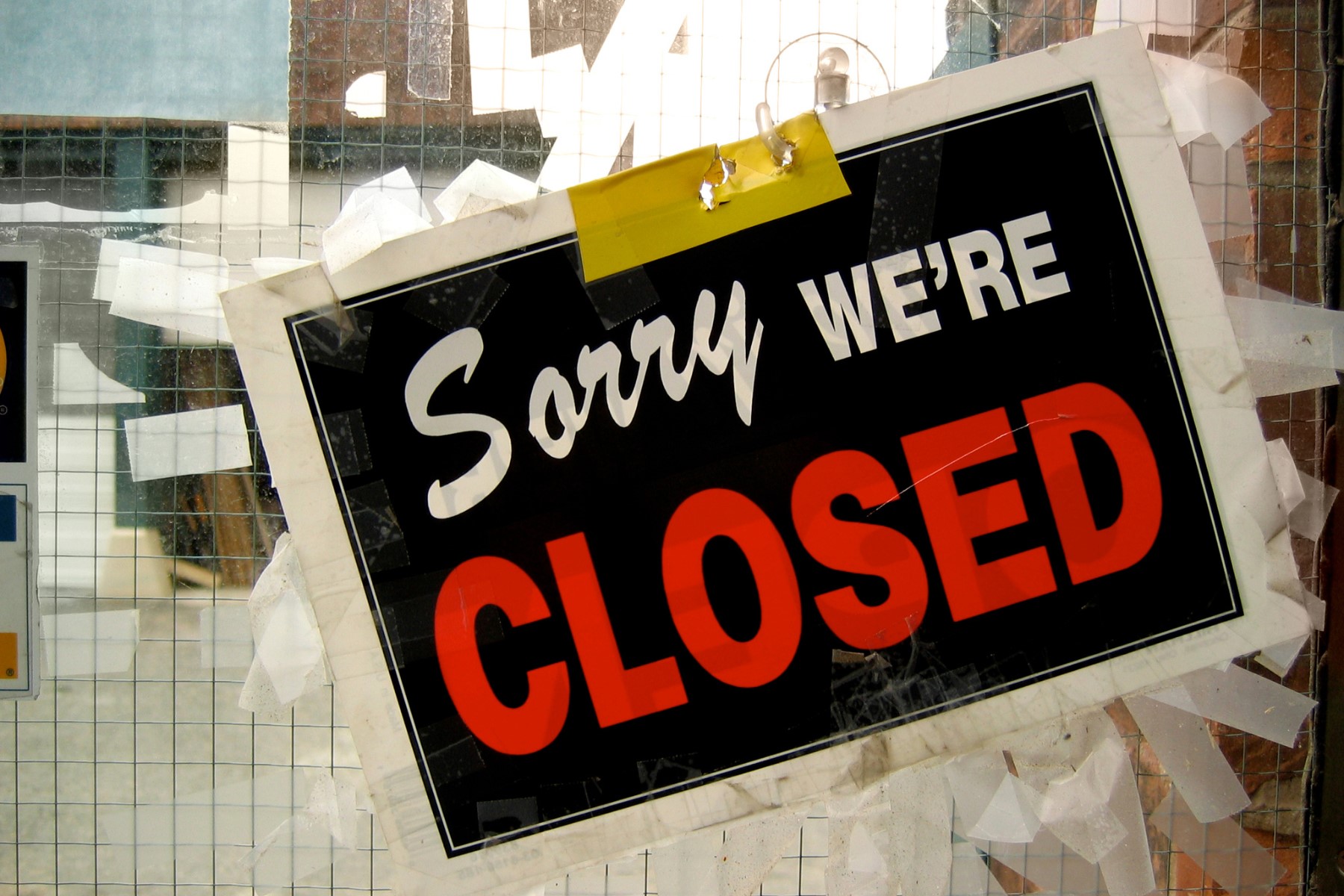If you're dealing with a disaster situation in your business, download our disaster recovery checklist to help you keep track of the actions you need to take.
The impact of an unexpected event, such as a fire, flood or major building damage, can have a devastating effect on a small business.
When these situations occur, it can often be difficult to know what to do first.
If your business has been disrupted by an unexpected event, here are some steps to follow to help you assess the situation, minimise the impact and return to business as usual. You can also download this information to refer to later.
Take care of your wellbeing first
An unexpected event not only impacts on your business, but your wellbeing.
If you’re feeling anxious, uncertain or just need someone to talk to, you can speak with your GP or access one of the free and confidential wellbeing and financial support services designed specifically for small business owners. These services provide a mix of general and one to one support, including:
Leasing obligations and access to the premises
If your business premises is leased, contact the landlord or managing agent to understand when you can re-enter the premises to assess the damage. You can then consider what can be salvaged and determine if you can continue to operate from the location in any capacity.
What happens next with your lease will depend on the level of damage to the building and what is detailed in the common agreement options for lease abatement or termination of the lease.
Review your lease carefully to determine if the lease can be ended if the property is unavailable and if there are any personal guarantees provided before speaking to your landlord.
The SBDC’s specialised commercial tenancy advisers can provide you with free and confidential guidance on understanding your lease and how to approach your landlord on the matter.
Assess the financial impact
Review your finances or speak to your accountant to understand:
- How long you can operate on reduced or no income?
- How long can you service your financial obligations, such as staff wages, payments to suppliers and creditors?
- If you employ staff, will you need to ask them to take paid or unpaid leave, or terminate their employment?
Gather necessary paperwork
Compile copies of any relevant documents that will help you rebuild your operations quickly. This could include:
- bank statements
- insurance policies
- tax documents
- commercial leasing agreement
- business contracts
If your records were destroyed, seek new copies from the relevant organisation.
Make an insurance claim
Check your insurance policies to confirm your coverage. This will include the events covered (for example, fire and/or flood) and if you can claim:
- damage or loss to your equipment and stock
- business interruption
- income protection
Notify your insurer of the incident as soon as possible. If the event was the result of malicious damage, and a police or fire report is available, provide them to your insurer.
Other information you can gather to support your claim includes:
- Photos of the damage
- A log of damaged/lost items, when they were purchased and the cost.
Seek banking and tax hardship support
Contact your bank or financial services provider if you have a loan or credit cards to discuss the hardship services they can provide. The Australian Banking Association website has information on the services available and contact details for your bank’s financial hardship team.
You can also contact the Australian Taxation Office (ATO) to request an extension on the lodgement and payment of your business activity statements (BAS) and tax return.
Speak to your utility providers
Your utility provider’s hardship team can guide you on how to manage your accounts and explain your payment options while your business is disrupted.
This can include electricity, water, gas, phone and internet services.
Communicate with and manage your employees
Keep your staff updated on changes to your workplace and business operations. If you are required to temporarily close your business, relocate or reduce trading – you will need to consider how you will manage your employees. This includes considering your employer obligations, especially if you are considering asking staff to take paid or unpaid leave or ending their employment.
If you are unsure of what actions you can take:
- Visit the Fair Work Ombudsman website for information about employment entitlements during natural disasters and emergencies, if your business operates under the national industrial relations system (this includes businesses such as ‘Pty Ltd’ companies).
- Contact Wageline, if you operate under the Western Australian state industrial relations system (sole traders, unincorporated partnerships and some trusts).
Communicate with suppliers
Contact your suppliers (preferably in writing) to advise them of the disruption and formally ask that they stop any forward orders and deliveries until further notice.
Communicate with customers
If you operate a website, social media accounts or email marketing lists for your business, they can be used to advise your customers that your business has been affected by an unexpected incident and what the impact will be (for example, will the business be closed, operating on reduced hours or temporarily moving to online sales or a different location?).
Using these channels to provide regular updates on any changes to operations will ensure they are up to date about what is happening. You can also use these channels to communicate milestones around your return to normal operations.
Consider alternate methods of trading
Depending on the nature of your business, and how long your premises may be unavailable for, you could consider temporarily utilising the following to keep your business operating:
- Continue operating under reduced hours or providing limited products and services
- Move to online sales, either via your website or established e-commerce platforms (UberEats, eBay, Etsy or similar platforms)
- Consider a short term lease, pop-up shop or a local market stall
- Partner with other businesses to share a commercial space and/or sub-lease part of their premises
- Rent commercial kitchens or hire necessary equipment
- Make use of local government or co-working spaces
- Subcontract out work.
Steps to help you move forward
While it can be hard to think of the future when dealing with an incident that has impacted your business, steps you can take to recover can include:
- Short term: Focus on stabilising your finances, claiming insurance, and keeping your customer and supplier relationships alive.
- Medium term: Decide whether to rebuild, relocate, or pivot your business model.
- Long term: Use this as an opportunity to redesign your business with resilience in mind (insurance, client contact lists, alternative revenue streams like online opportunities). Use our free risk management templates and business continuity plan to help you with your planning.
Business support from the SBDC
Our free business advisory service provides confidential business advice and support to help you manage business disruption and other impacts of an unexpected event in your business.
You can speak to one of our experienced business advisers by calling 133 140 or booking an appointment online.




